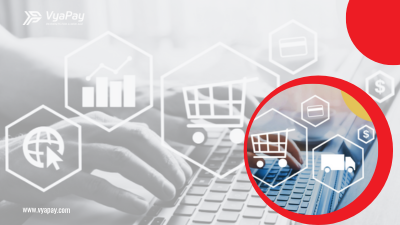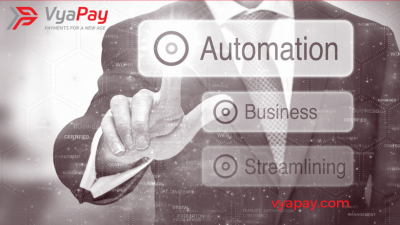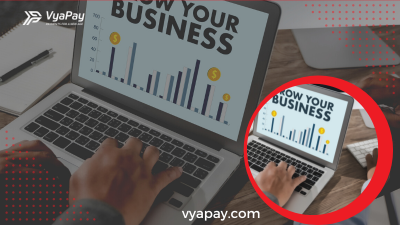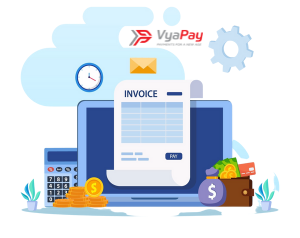
Third-party delivery services seemed like a good option for small businesses during the pandemic. Unfortunately, as stores and eateries reopened in COVID’s aftermath, merchants were surprised to find service providers raising fees, updating terms of service and luring away their hard-won customers. Consumers who frequented those stores and restaurants had opted into delivery apps, where they shared valuable personal information, including birthdays and anniversaries. From there, it didn’t take long for the app providers to establish order histories, favorite menu items and payment preferences.
As a software company, it may seem like a reasonable option to allow a third party to manage your payment streams. After all, payments is not your chosen area of expertise and providing secure, agile, adaptable and compliant payment systems requires know-how and certifications. But outsourcing your primary revenue streams can be a risky undertaking at any stage of your business’s lifecycle, and could have lasting implications for the future of your business.
Fortunately, there’s another available option that would grant you full ownership of your merchant data, and that is payment facilitation. Software-as-a-Service providers choose to use Payment facilitators (PFs) for a number of reasons. In addition to owning their merchant data, PFs can board new customers with lightning speed and deliver an exceptional customer experience by being able to control the entire customer journey, end to end.
Let’s face it – outsourcing your customer’s data doesn’t just give an outside party exclusive access to information that could be used to build lasting loyal relationships. It also introduces friction by adding a new communication layer on top of a formerly direct communication channel between you and your customer. And in the process, that third party will rapidly cement itself into your customers’ spending as it collects payments, harvests their data and gets to know your customers as only payment processors can.
Why not control that part of the customer journey by bringing those capabilities in house? VyaPay works with all types of software providers, large and small, helping level up their payment processing by securely embedding payments into their technology stacks. There are multiple approaches to choose from and no two PF integrations are alike. Each includes a careful evaluation of products and services, target markets and merchant category codes, which forms the basis for your PF model and master merchant account.
Purpose-built partnerships
Using a payment facilitator will streamline underwriting and greatly speed your customer onboarding process. VyaPay will help you find the best PF model, based on your company’s risk tolerance. If you choose a PF referral arrangement or partner with a PF-as-a-service provider, your customer information would be passed directly to your partner while staying outside of your company’s scope and simplifying payment security compliance.
No matter which PF model you choose, you will have the flexibility to change processors while adding, removing or enhancing service offerings as you grow your business. If you decide a certain payments provider would be a better fit for your business, you could seamlessly transition to a new processor without writing code or re-enrolling your merchants.
Whether you work directly with consumers or other businesses, your customers deserve to pay with their preferred currencies and payment methods. And whether you are a global enterprise or a fintech start-up, you deserve to own your customer data and relationships. With these benefits securely in hand, you’ll be able to deliver the ultimate benefit of digital commerce, namely, the ability to meet customers, partners and vendors wherever they are.
Are you ready to own your customer data and chart a new course to your organization’s future?
Contact us today for a no-obligation discussion.





